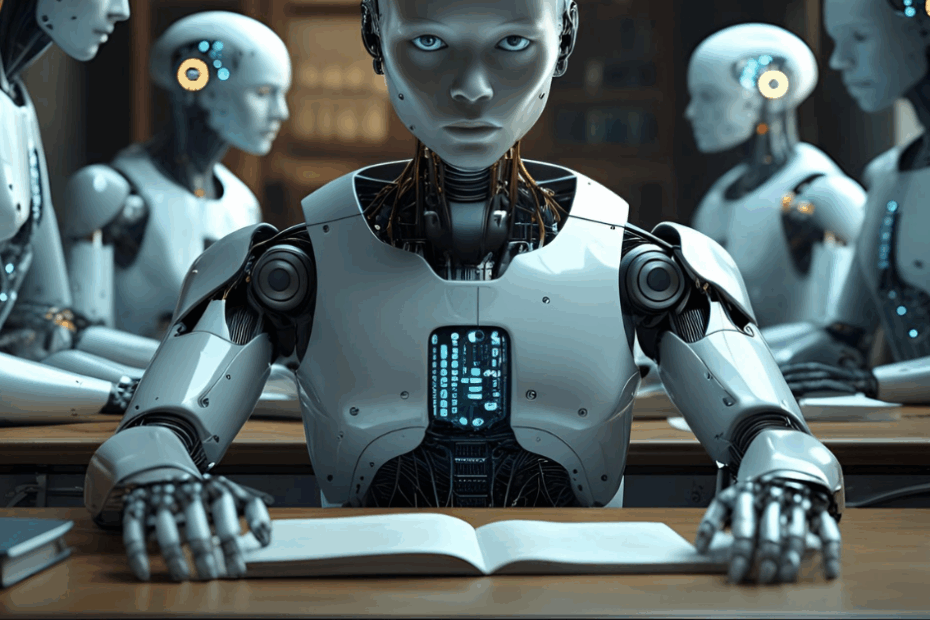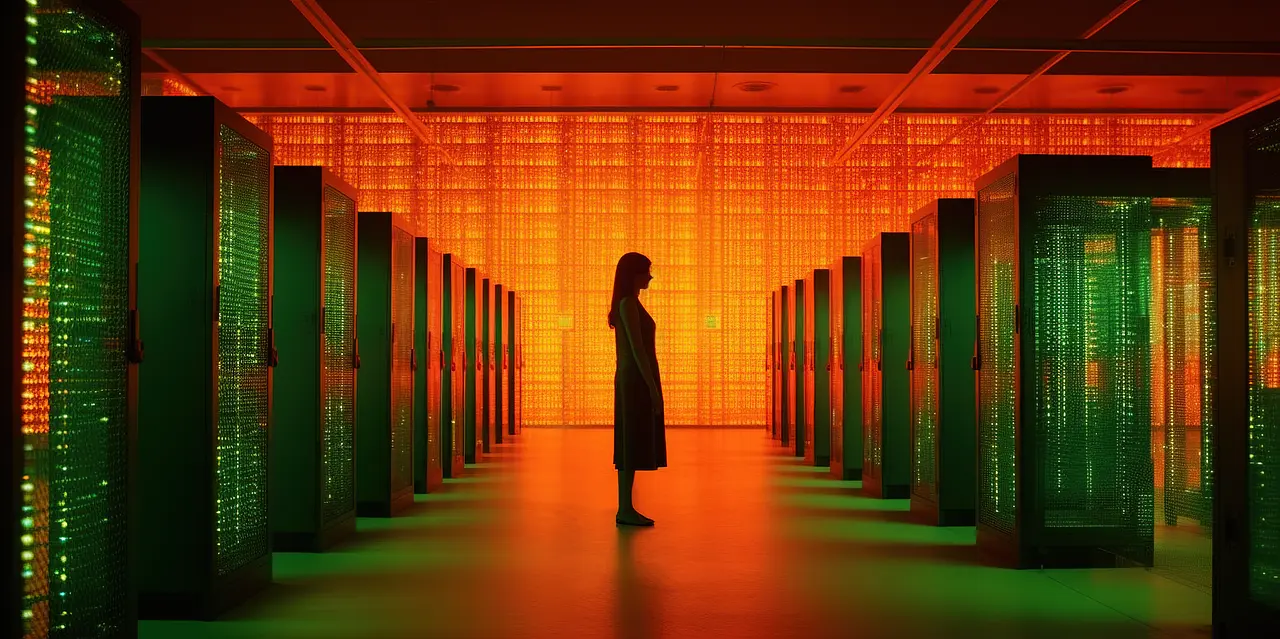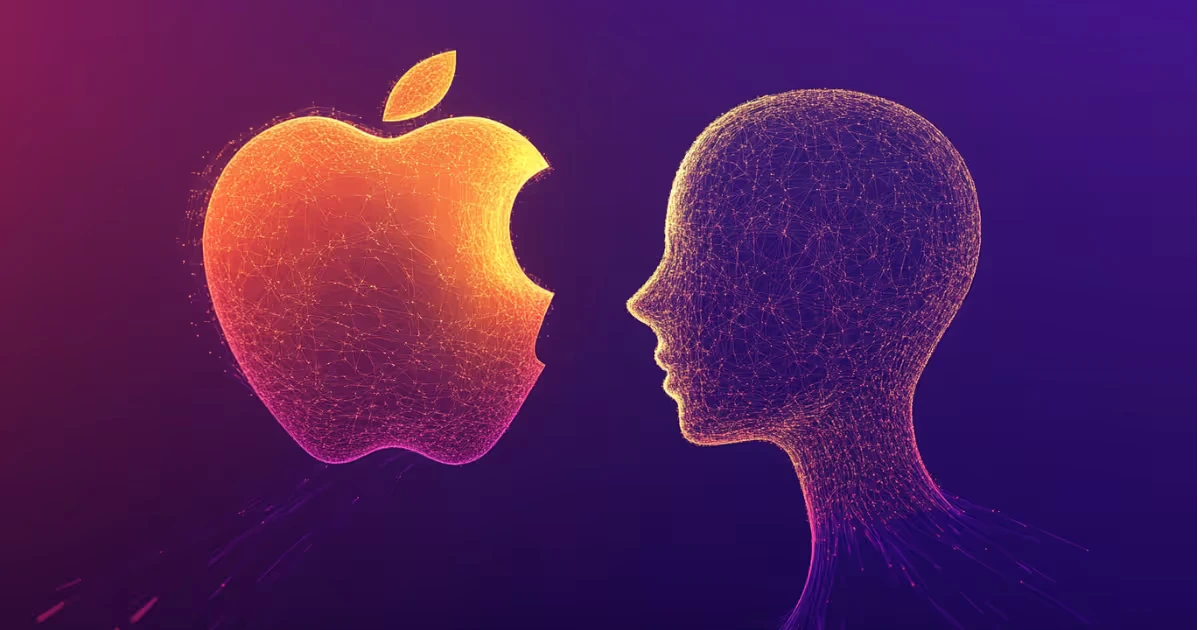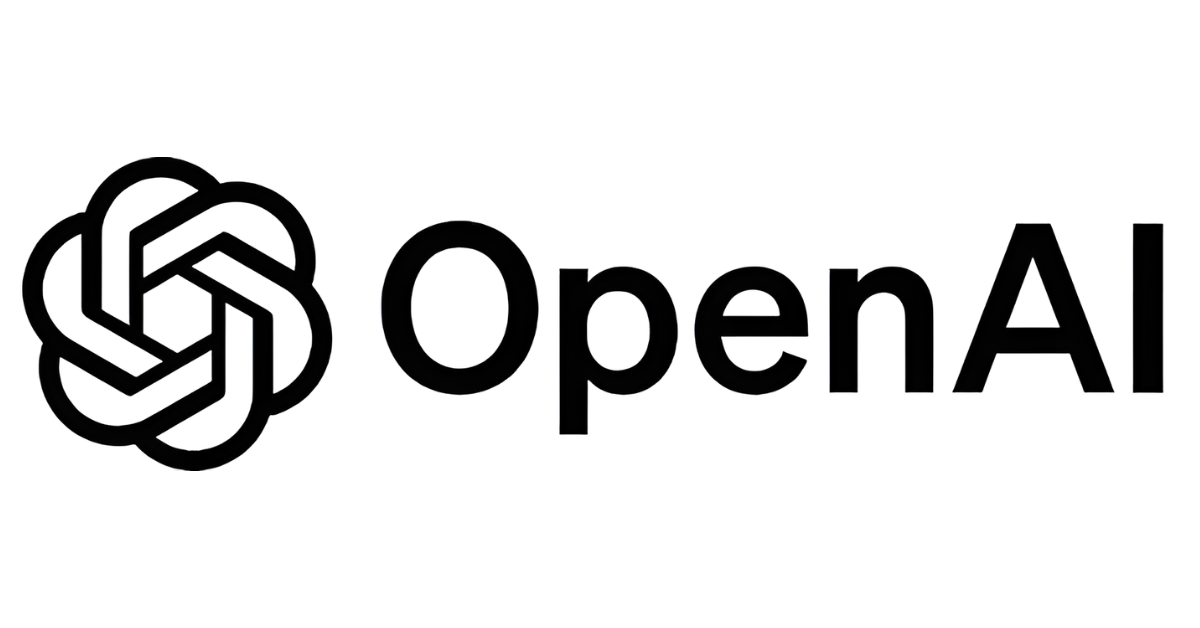Artificial intelligence has quietly entered every corner of education, creating both opportunity and chaos. Students now navigate a world where ChatGPT can write essays, solve problems, and complete assignments with remarkable ease.
This digital revolution is forcing educators to confront fundamental questions about learning, authenticity, and the future of human knowledge.
Academic Honesty Under Siege
Higher education now confronts what many call a “cheating utopia” where students routinely delegate their entire coursework to AI systems. Professors find themselves drowning in submissions they cannot verify as genuine human work.
The challenge has grown so severe that some educators now plant random words like “broccoli” or “Dua Lipa” into assignment instructions, hoping to catch students who blindly copy AI-generated responses that include these peculiar additions.
Traditional detection methods have proven inadequate against this technological tide. AI detection software frequently fails to identify sophisticated usage patterns, particularly when students use artificial intelligence for initial brainstorming before crafting their own final versions. Faculty members report feeling overwhelmed and unsupported as they struggle to maintain academic standards while processing countless questionable submissions.
Also Read: AWS and Anthropic launch ‘Project Rainier’, a new AI superpower
The institutional response has disappointed many educators who remember the swift changes universities made during the COVID-19 pandemic. Critics argue that administrators remain passive as long as tuition payments continue flowing, allowing what some describe as “degraded education” to persist.
The situation grows more complex as universities maintain partnerships with the same AI companies whose products fuel the academic integrity crisis, while companies like OpenAI reportedly withhold watermarking technology that could identify machine-generated content.
Students Navigate Conflicting Pressures
Student attitudes toward AI assistance reveal deep divisions within academic communities. Some argue they face unfair disadvantages without these tools, viewing AI proficiency as essential preparation for their careers. Others express frustration with how artificial intelligence diminishes classroom experiences and genuine learning opportunities.
One psychology student described watching classmates recite AI-generated talking points about studies never covered in their course during a discussion on attachment theory. The experience felt “boring and unfulfilling” as personal insights gave way to generic machine responses. This pattern extends beyond universities, with high school teachers noting that students often cannot read aloud the AI-generated sentences they submit as homework.
The cognitive implications concern educators across all levels. Research increasingly links extensive AI use to declining academic performance and memory problems. A Philadelphia English teacher described the unsettling experience of students using AI during live classroom discussions, creating conversations dominated by what she called “deadpan voice boxes of hallucinatory AI slop.” Many fear society is racing toward a post-literate future where critical thinking skills atrophy from technological dependence.
Also Read: These popular Spotify artists don’t actually exist and fans had no idea
Educators Experiment with New Approaches
Despite widespread concern, some educators embrace AI as a powerful educational tool. A comparative literature professor at UCLA successfully used artificial intelligence to create her entire textbook, describing the resulting course as the best she had ever taught. However, such optimism remains rare among faculty facing daily challenges with AI-assisted cheating.
More common adaptation strategies focus on restructuring traditional assignments. Ben Prytherch, a statistics professor at Colorado State University, shifted to in-class writing exercises and discovered that “most of them can write after all” when separated from their digital assistants. This approach represents a broader movement toward supervised assessment methods that ensure authentic student work.
The AI revolution exposes fundamental weaknesses in educational systems that have evolved into transactional exchanges of money for degrees. Technology forces uncomfortable but necessary conversations about assignment value and educational purpose.
While some veteran educators near retirement prefer leaving these challenges to the next generation, the rapid pace of AI integration demands immediate societal responses that cannot wait for gradual transitions.





